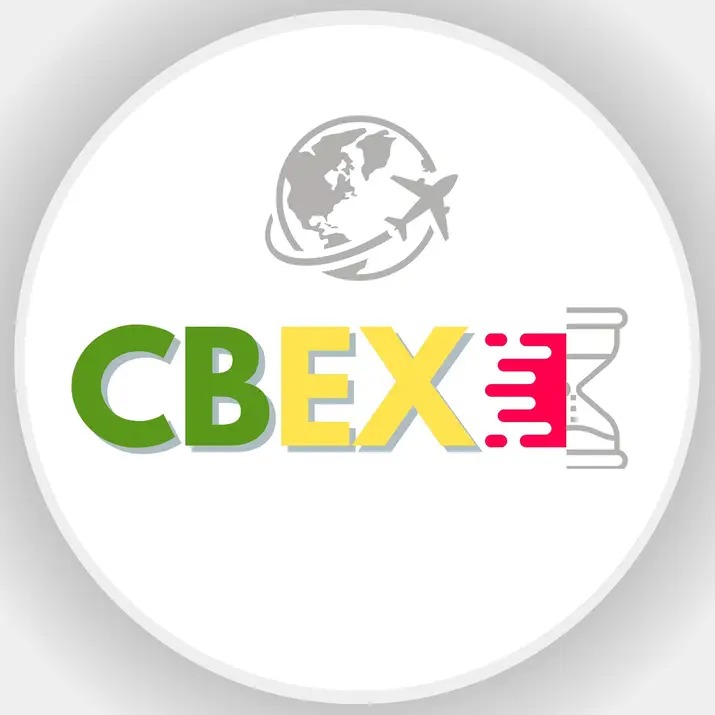Gadaa Bank on Monday became the second financial institution to list on the Ethiopian Securities Exchange (ESX), signalling a gradual but important step in Ethiopia’s efforts to develop a market-based capital system.
The Ethiopian Capital Market Authority (ECMA) approved Gadaa Bank’s listing prospectus on June 17, allowing 1,232,728 common shares held by existing shareholders to begin trading this week.
This follows the May listing of Wegagen Bank, bringing the number of publicly traded banks in Ethiopia to two.
Gadaa Bank’s entry onto the ESX comes amid ongoing reforms aimed at diversifying capital sources in an economy traditionally reliant on credit rationing and state-led financing.
The move is expected to enhance transparency and encourage private-sector participation in Ethiopia’s nascent capital markets.
Since its July 2024 launch, the ESX has had little success, with few issuers and little trading activity. The early focus, according to regulators, should be on compliance and disclosure rather than speed.
“Gadaa Bank’s listing demonstrates the growing confidence in our Exchange and the value of public markets in driving inclusive economic growth.” said Tilahun Kassahun, Chief Executive Officer of the ESX. “We look forward to supporting more institutions in accessing capital, deepening market participation, and building long-term value for the Ethiopian people.”
Gadaa Bank’s significant milestone
Gadaa is a relatively new player in Ethiopia’s crowded banking market, having been founded in 2021 and beginning operations in 2022.
The bank’s 2023–2024 fiscal year net profit increased from 68 million Ethiopian birr to 115 million birr, despite its short history.
Underpinned by an increase in risk-weighted lending and deposit mobilisation, total assets increased to over 6.1 billion birr.
CEO Wolde Bulto called the listing ceremony, which took place at the ESX headquarters in Addis Ababa, “a major milestone” in the bank’s growth strategy.
“This will create liquidity for our shareholders and unlock new avenues for capital formation,” he said. “It allows us to expand our reach and deliver innovative financial services to our growing customer base.”
Gadaa’s board chair, Hassen Hussien, framed the listing as part of the bank’s broader governance reform. “Being listed on the Ethiopian Securities Exchange reaffirms our dedication to transparency, growth, and public participation,” he said. “We believe this will enhance our financial capacity, improve corporate governance, and strengthen our credibility in the market.”
Policymakers are aware of the symbolic significance of Gadaa’s listing, even though it is unlikely to change the ESX’s liquidity dynamics in the near future.
According to experts, Ethiopia has long suffered from a lack of capital markets, with banks serving as the main source of funding, especially in the absence of a thriving private equity industry or corporate bond market.
The ESX is a component of Prime Minister Abiy Ahmed’s economic liberalisation agenda, which also aims to attract foreign investment, lessen reliance on central bank funding, and privatise important state-owned businesses.
Although the majority of public companies are still undergoing internal reforms and legal restructuring, the government is also anticipated to encourage more of them to list in the upcoming years.
















